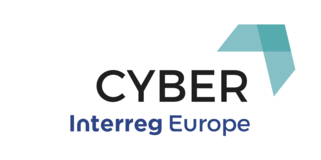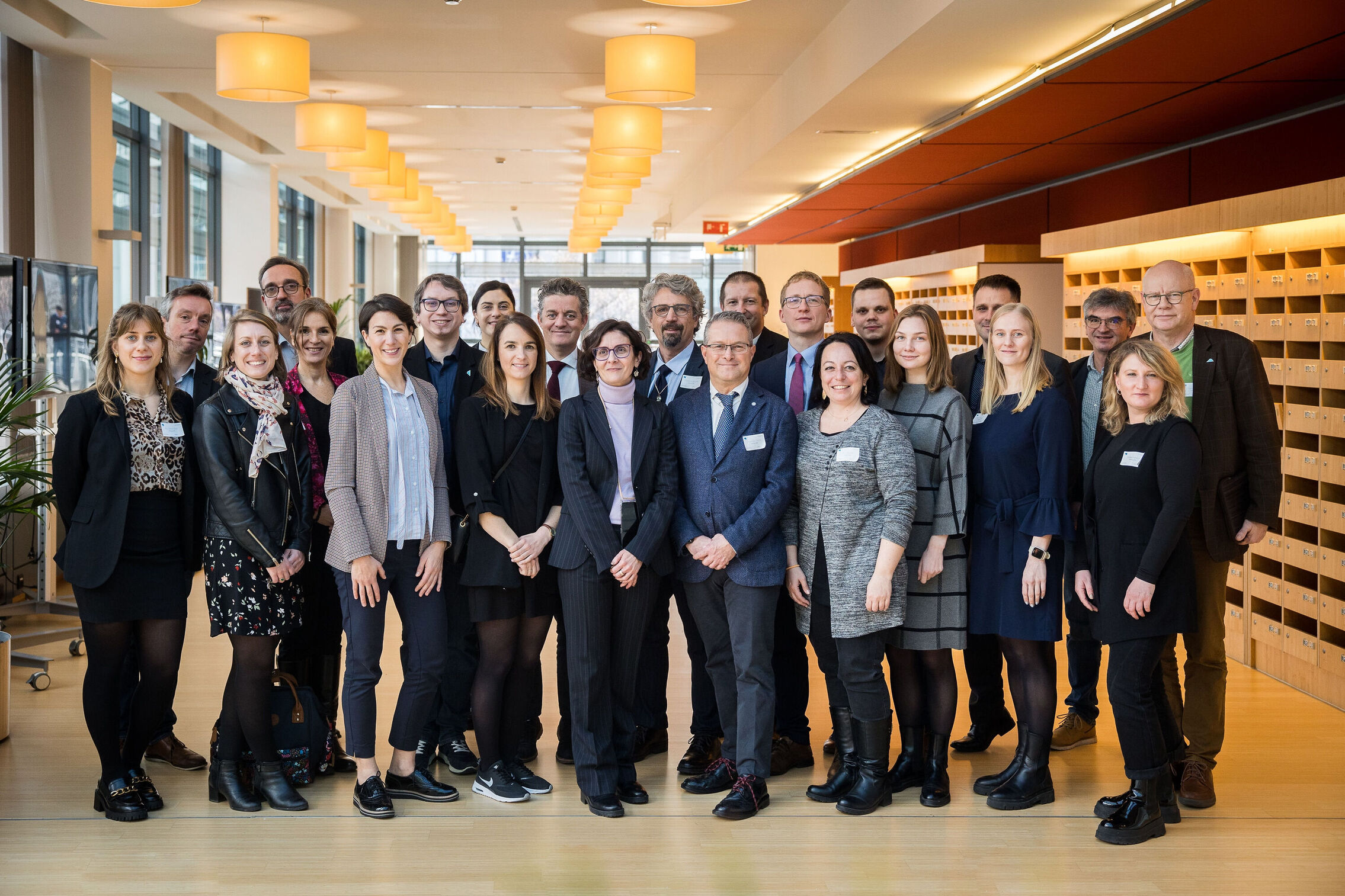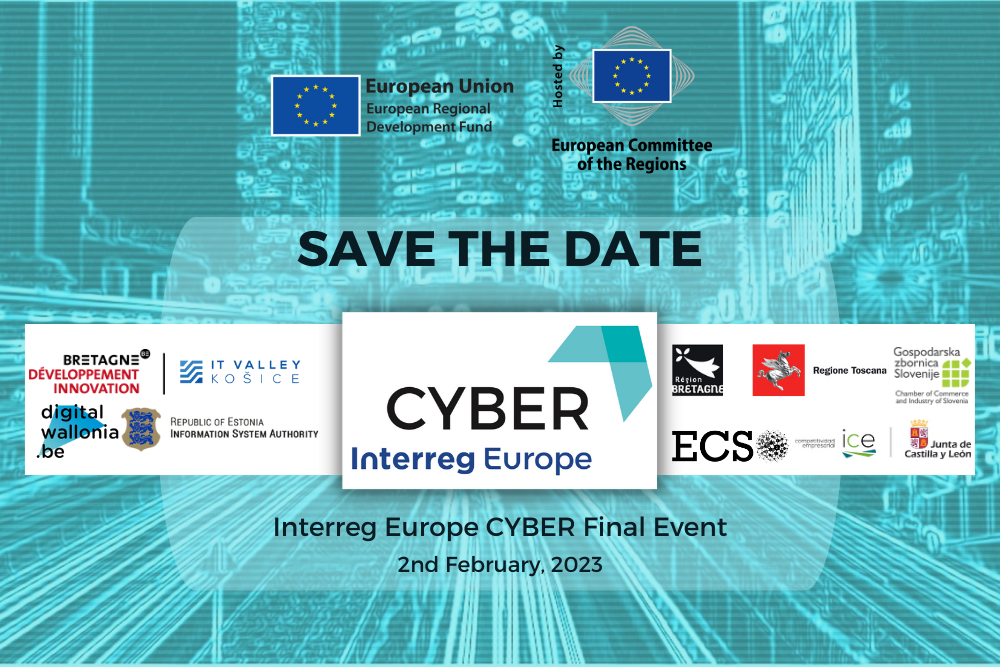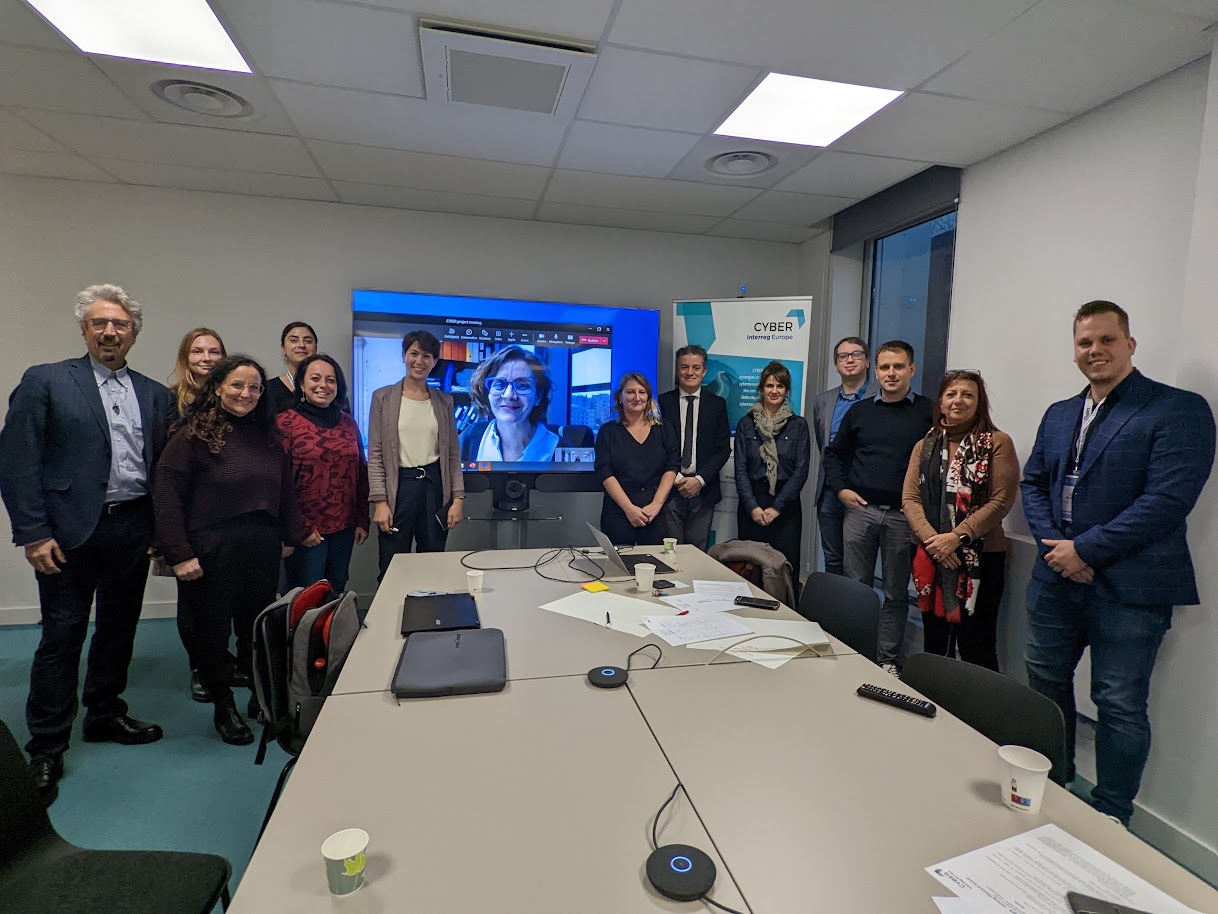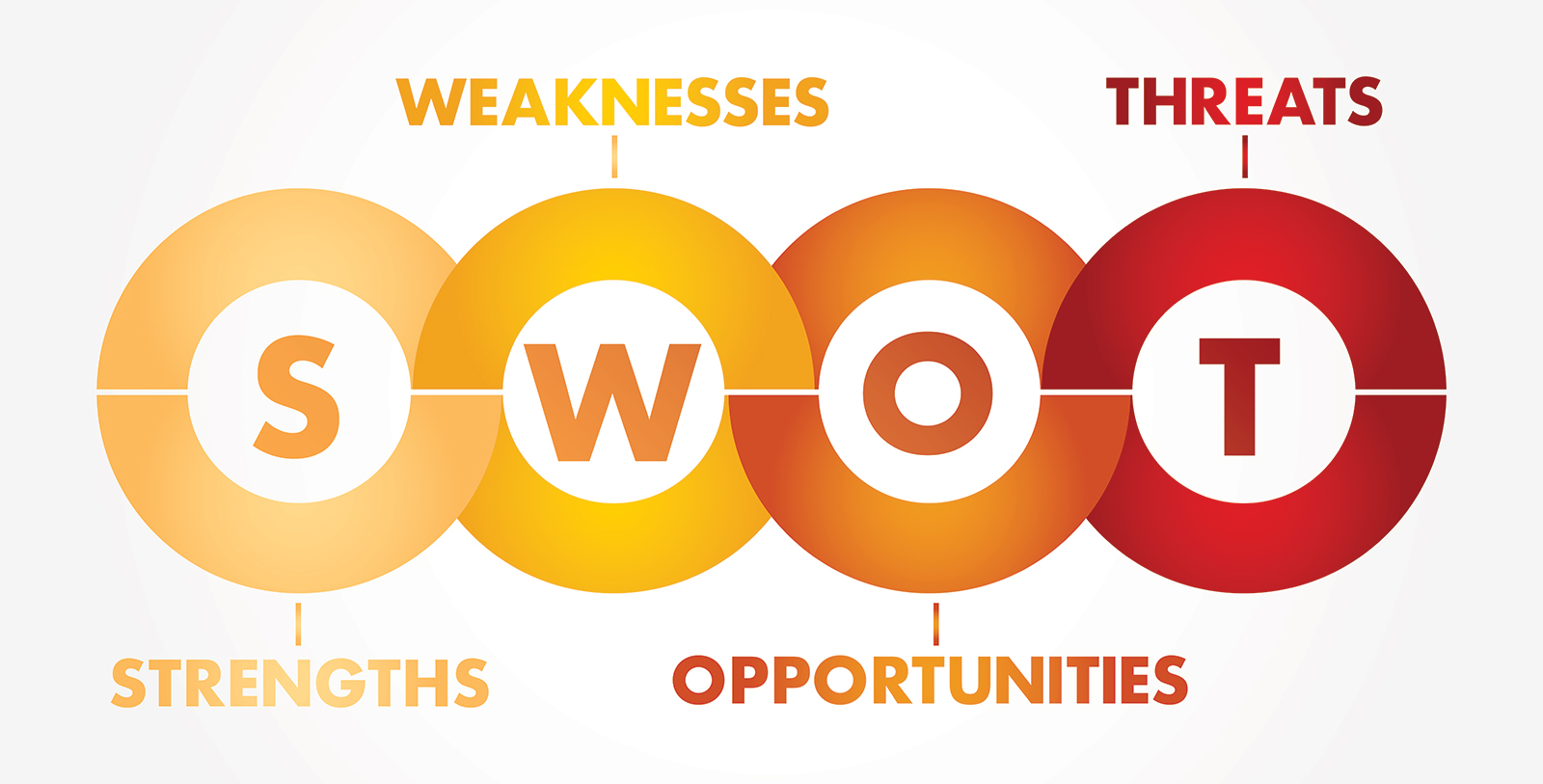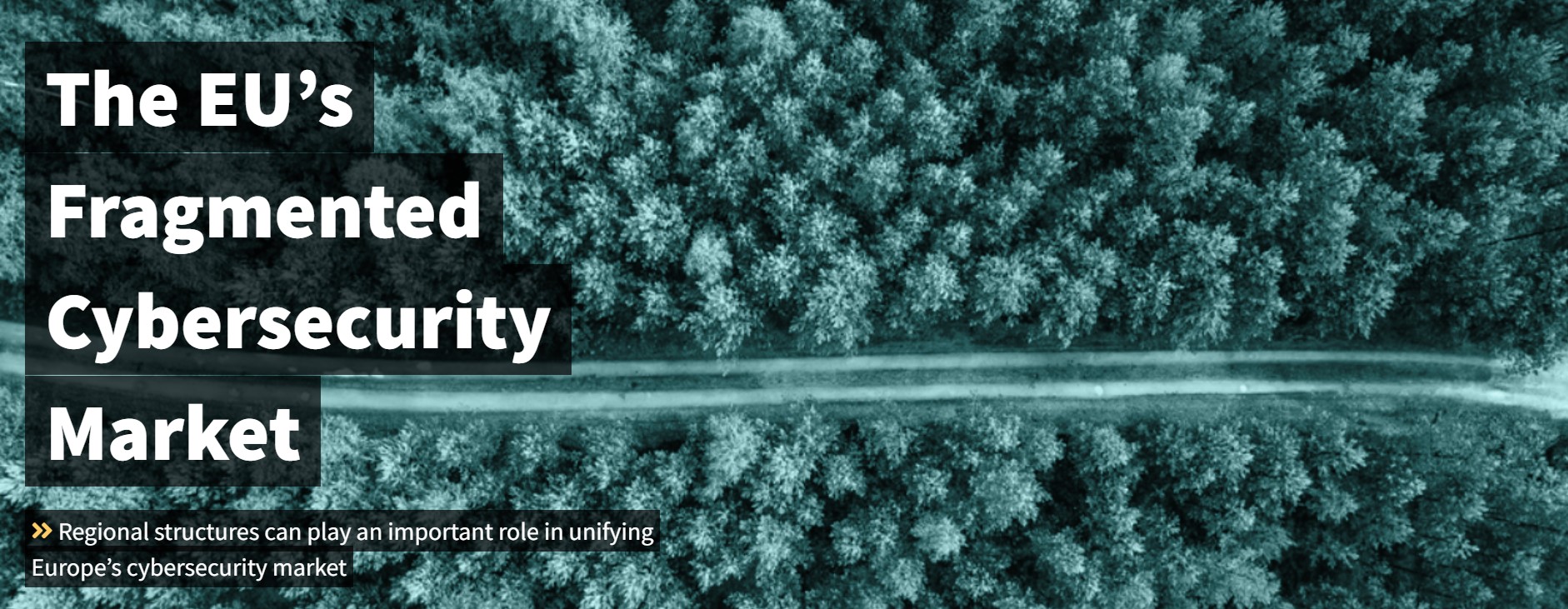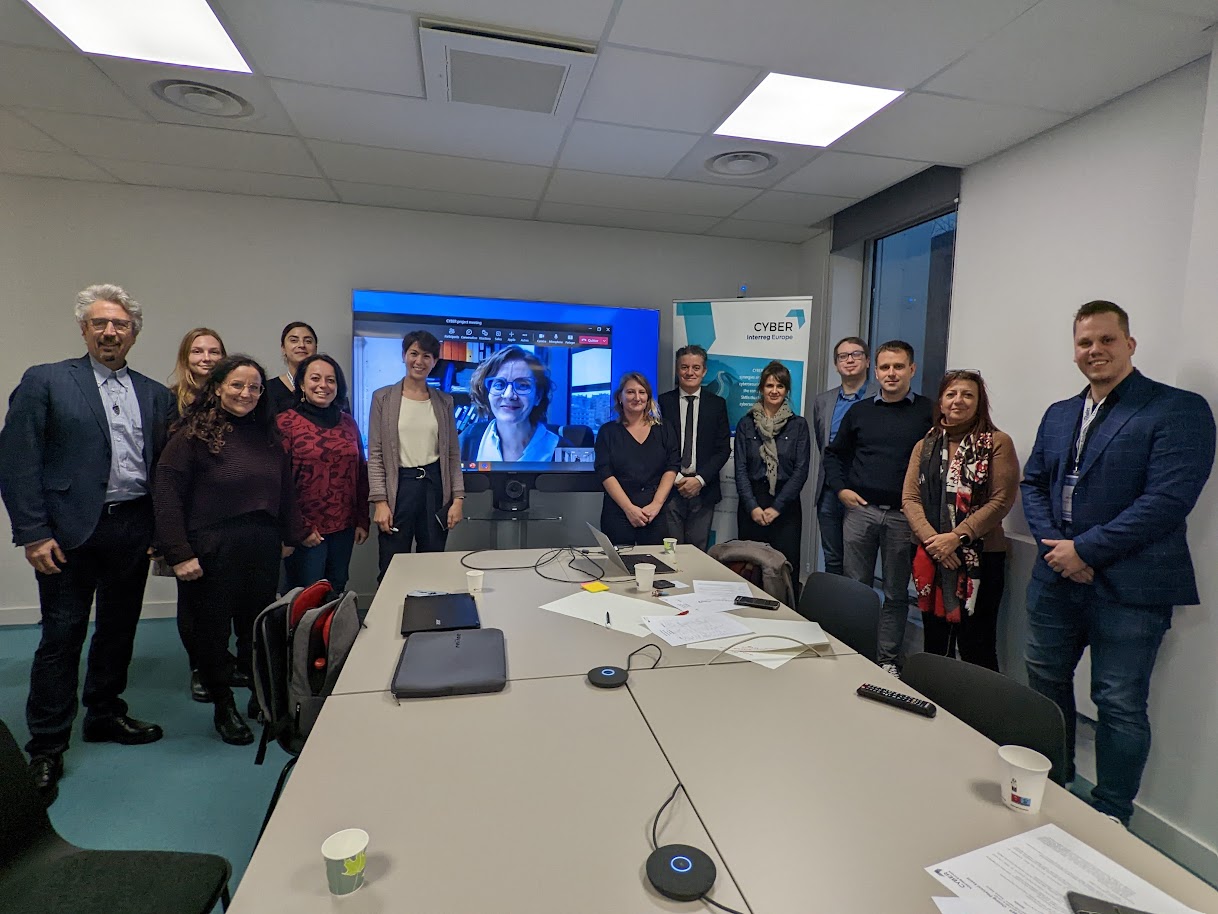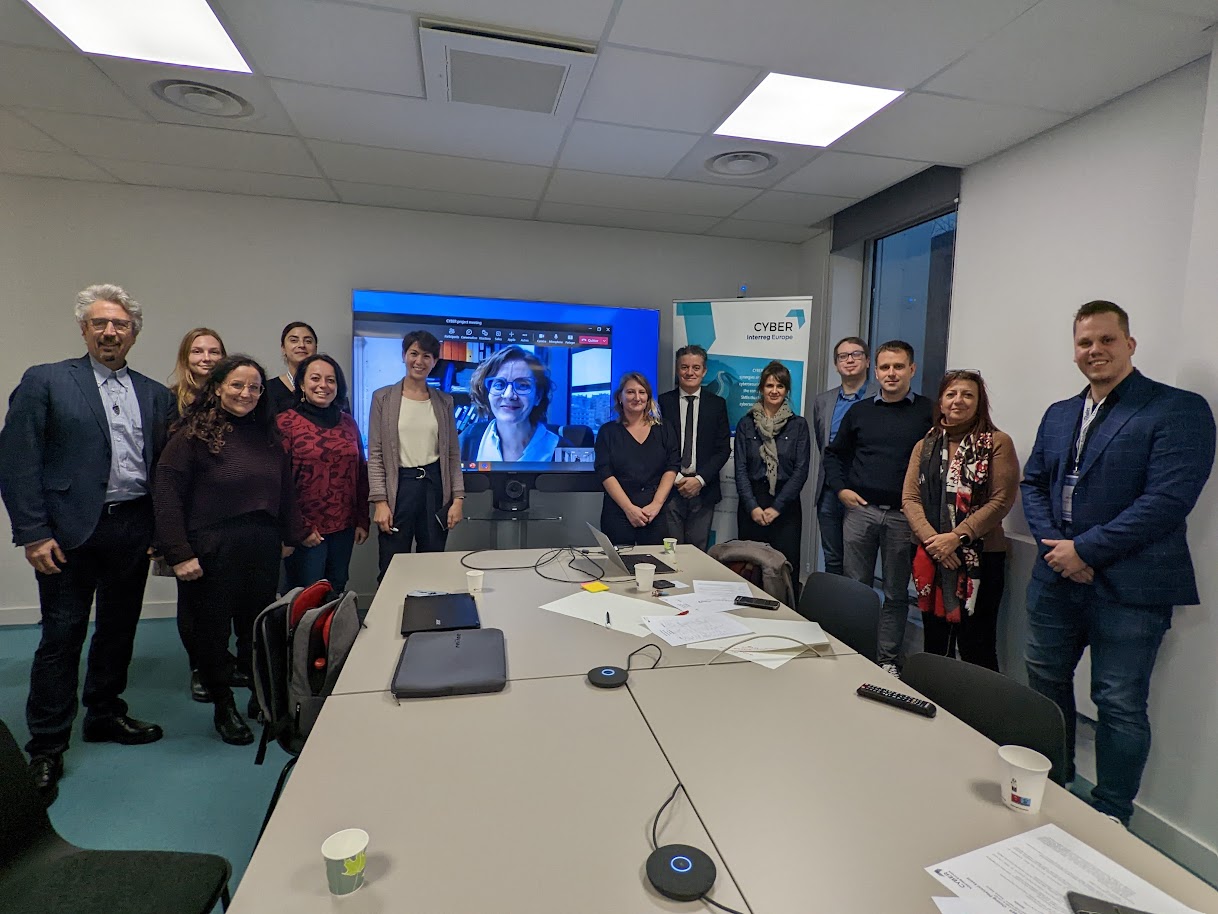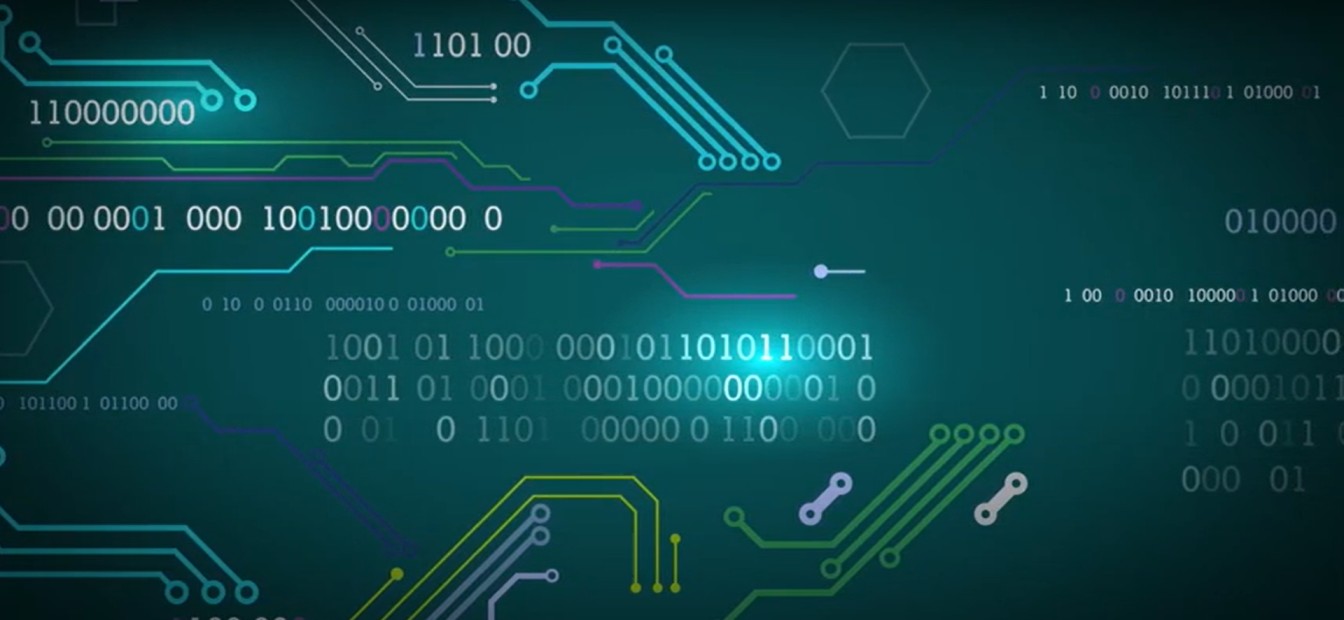On the 13th October, the Interreg Europe CYBER event on ‘Paving Europe’s Digital Future’ took place virtually; attracting more than 100 participants from Europe and beyond. The virtual event was organised to highlight the experiences and regional initiatives of the CYBER Project Partners and share their good practices with the audiences.
Kicking off the event with their opening remarks, Sara Minisini (European Project Manager for Bretagne Development Innovation) and Klemen Groselj (Slovenian MEP) addressed the EU’s strategic autonomy, the value of interregional cooperation as well as the need for an interdisciplinary approach with different actors but also different topics such as combining digitalisation and sustainability.
“Strengthening cybersecurity in Europe is a common journey. Regional innovation ecosystems play an important role in the development of competitive cybersecurity solutions by fostering innovation and collaboration within the cybersecurity environment. Thanks to interregional exchange, we have identified 11 policy actions that will help overcome common challenges such as cybersecurity skills gaps and market fragmentation”, said Sara Minisini, CYBER project coordinator.
The first half of the event was shaped by Panel Discussions which addressed interregional cooperation, the European cybersecurity framework, and investment in European cybersecurity. These were led by Monika Zsigri (Deputy Head of Unit for Smart and Sustainable Growth at the European Commission), Miguel Sancho-Bodero (Head of Unit for Cybersecurity Technology and Capacity Building at the European Commission), and Michael Lucassen (Managing Director at TIIN Capital) who provided their insider knowledge to their respective panels.
In the ensuing discussions, cybersecurity experts and thought leaders shared their own perspectives and experiences with Europe’s regional cybersecurity ecosystem. Trust was one of the topics that dominated discussion in terms of its importance in cybersecurity as well as the methods to continue developing it. For example, continuing to promote interaction between different cybersecurity actors and stakeholders is a necessary step to building trust.
Similarly, creating concrete solutions based in practical elements was a central element underlined to help build Europe’s cybersecurity. Overall, the role of regions was strongly promoted in association to themes such as trust, cooperation, and practice-oriented solutions that would allow for Europe’s cybersecurity to mature. The panel discussions served to underline that Europe has a range of solutions available for its toolbox in order to evolve its cybersecurity market; it simply needs to develop their use and implementation further.
The latter half of the day was dedicated to online pitch sessions by the CYBER Project Partners who shared their achievements in the project and the actions they had begun to implement to help grow their cybersecurity ecosystems. This was then followed by B2B meetings aimed at encouraging audience engagement with the CYBER Project Partners in order to help spread good practices in Europe.
